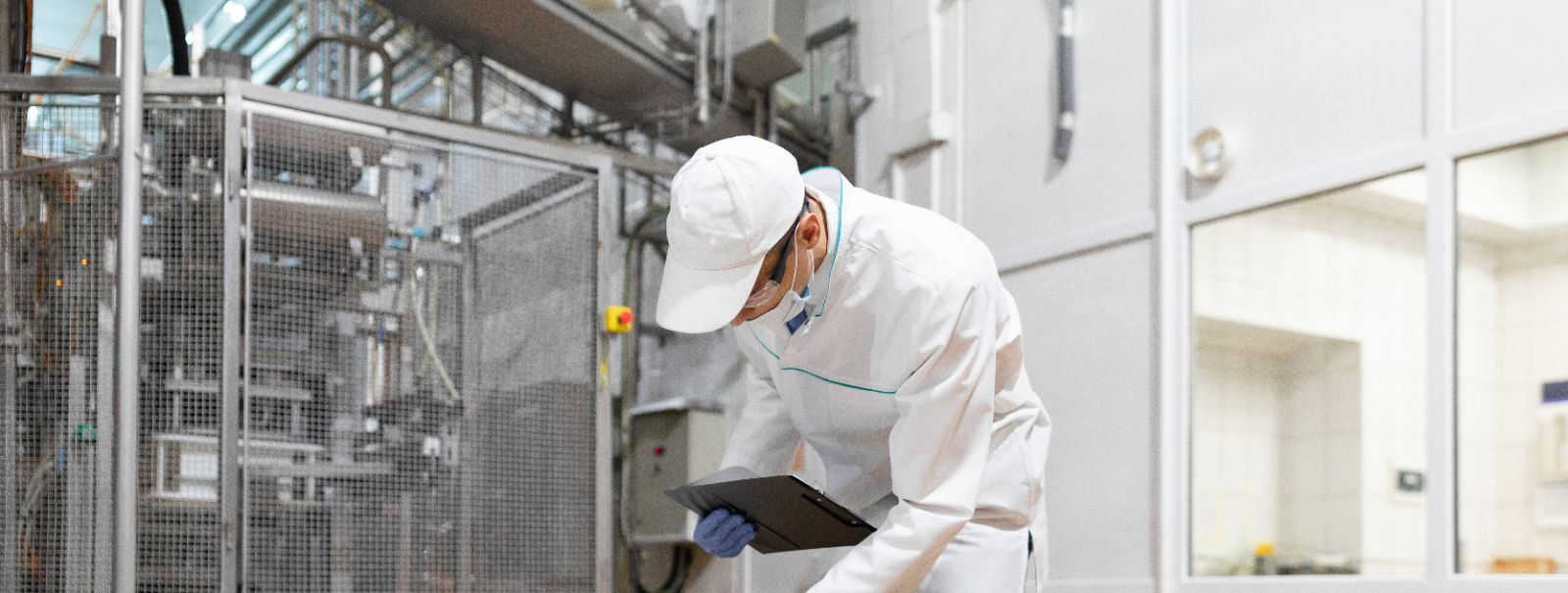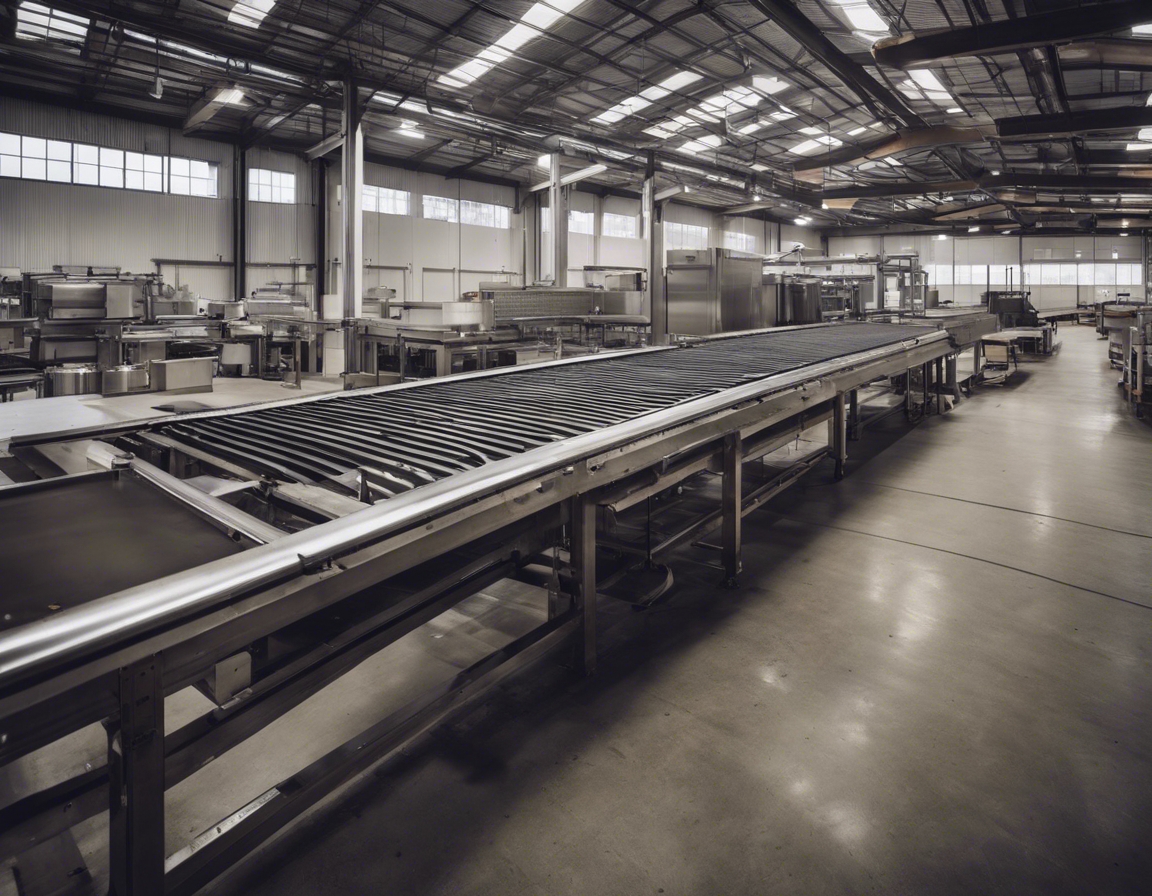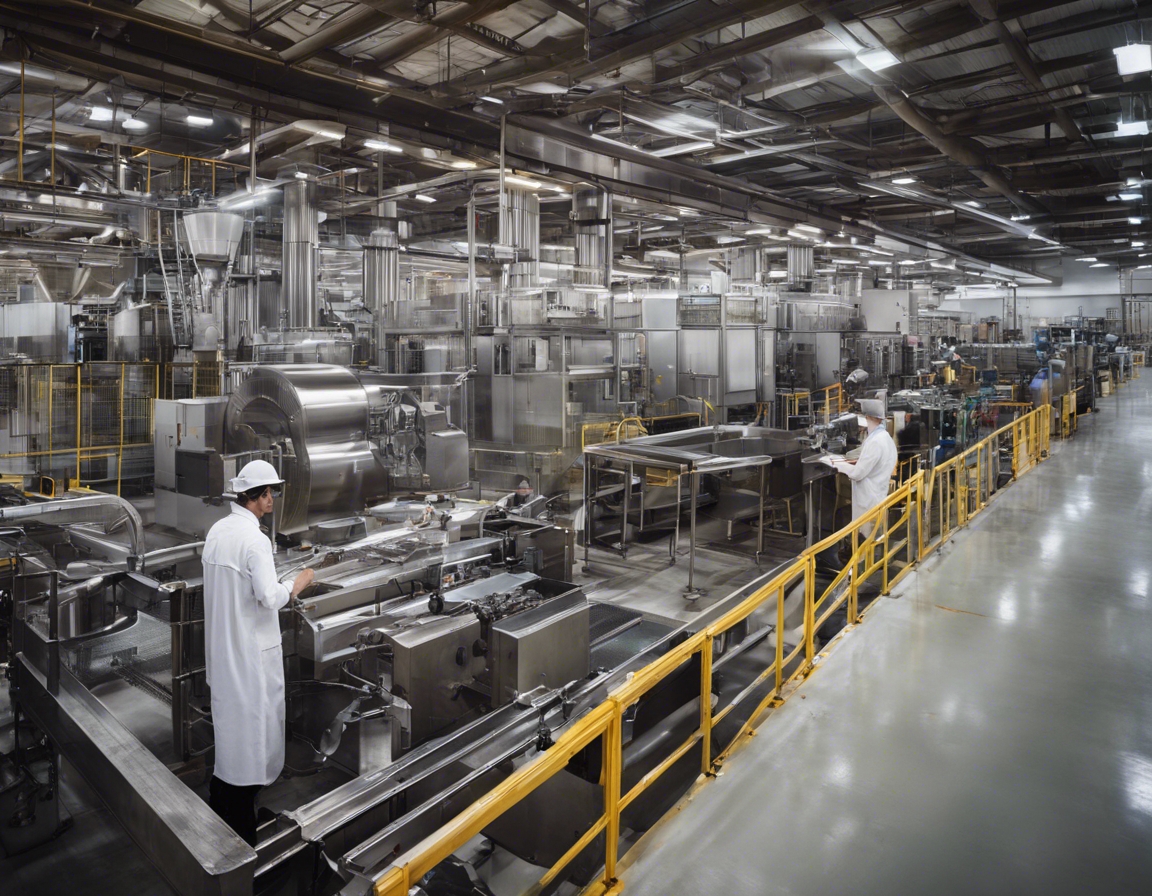The importance of professional equipment installation
In the fast-paced world of the food industry, particularly within the bakery sector, the efficiency and reliability of machinery are paramount. As businesses strive to modernize their operations, the installation of new equipment becomes a critical step. However, the importance of professional equipment installation is often underestimated, leading to potential pitfalls that can affect productivity and profitability.
2. Challenges of DIY Equipment Installation
Installing industrial equipment is not a straightforward task. It involves understanding complex machinery, electrical systems, and integration with existing processes. Without the necessary technical expertise, businesses risk improper installation, which can lead to operational inefficiencies and equipment malfunctions.
Safety is a critical concern in any industrial setting. DIY installation can pose significant safety risks, not only to the individuals performing the installation but also to the entire operation. Incorrect installation can lead to accidents, equipment damage, and even regulatory non-compliance, which can have severe repercussions.
While DIY installation might seem cost-effective initially, the potential for errors can lead to increased costs in the long run. These can include repair costs, downtime, and even the need to replace equipment prematurely. Professional installation helps mitigate these risks, ensuring that the equipment operates as intended from the start.
3. Benefits of Professional Equipment Installation
Professional installers bring a wealth of expertise and experience to the table. They understand the intricacies of various types of equipment and can ensure that each piece is installed correctly and efficiently. This expertise is invaluable in preventing issues that could arise from improper installation.
The food industry is heavily regulated, with strict standards for equipment and operations. Professional installers are well-versed in these standards and can ensure that all installations comply with the necessary regulations, helping businesses avoid potential legal issues and fines.
Time is money in the food industry. Professional installation minimizes downtime by ensuring that equipment is up and running quickly and efficiently. This not only enhances productivity but also allows businesses to meet their production targets without unnecessary delays.
While professional installation may require an upfront investment, it offers significant long-term cost savings. Proper installation reduces the likelihood of equipment failure, extends the lifespan of machinery, and decreases the need for frequent repairs, ultimately saving businesses money.
4. The Role of Professional Installers in Equipment Management
Every business has unique needs and challenges. Professional installers can provide customized solutions that cater to these specific requirements, ensuring that the equipment is tailored to optimize the business's operations.
Professional installation is not a one-time service. It often includes ongoing support and maintenance, ensuring that the equipment continues to operate at peak efficiency. This support is crucial in addressing any issues that may arise and in keeping the machinery in top condition.
Professional installers often provide training and knowledge transfer to the business's staff. This ensures that the team is well-equipped to operate and maintain the equipment, further enhancing the efficiency and reliability of the operations.





Comments (0)